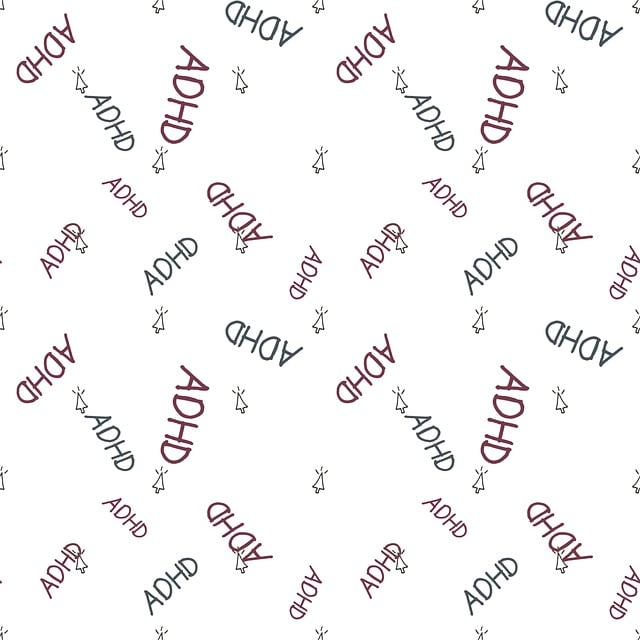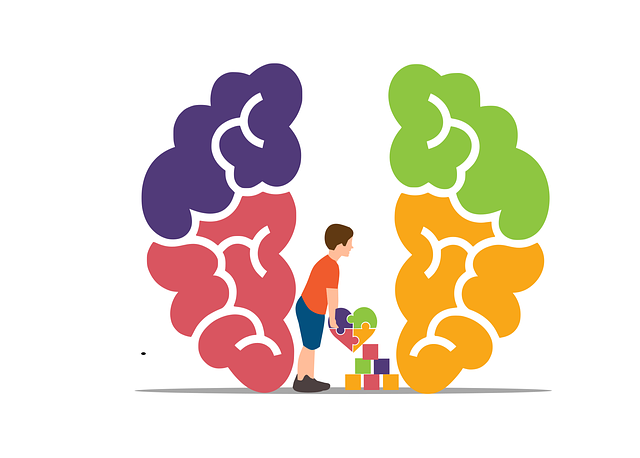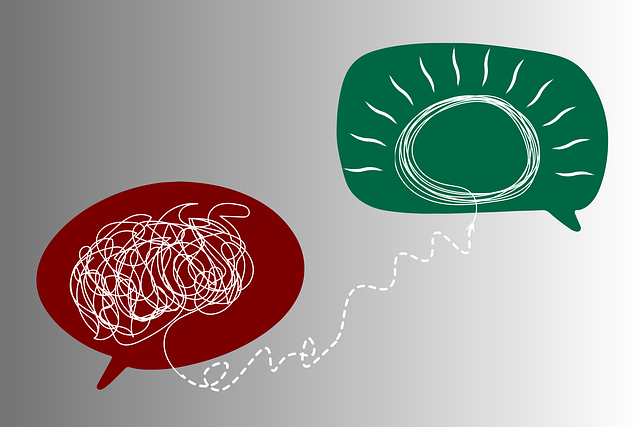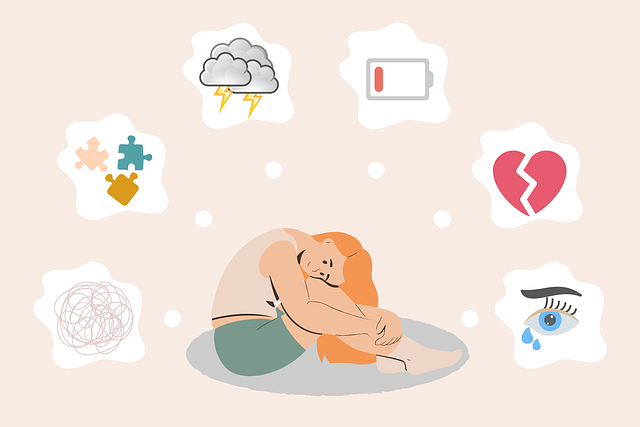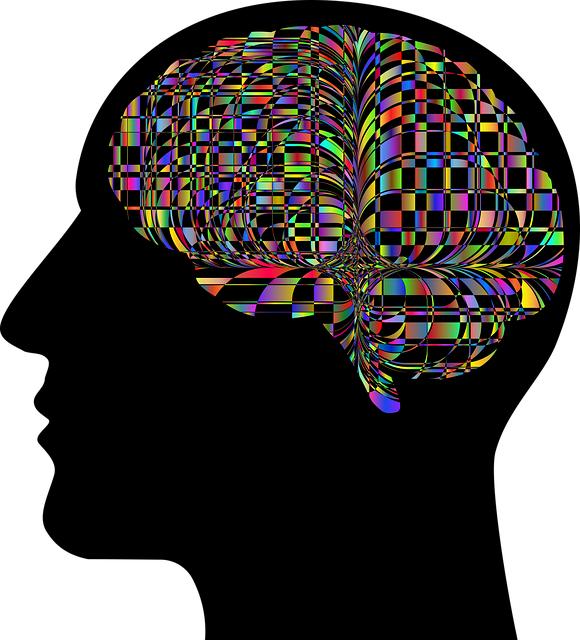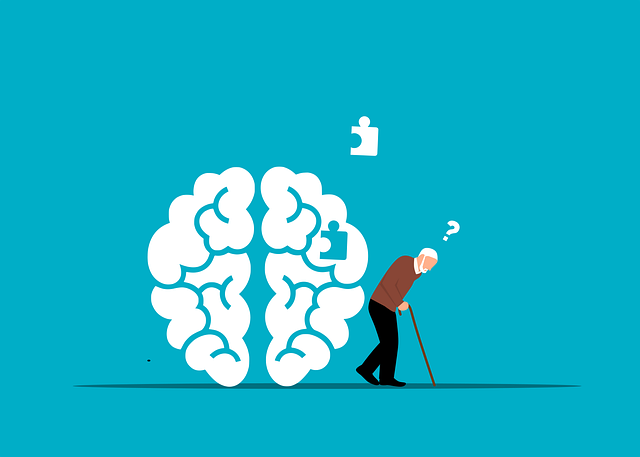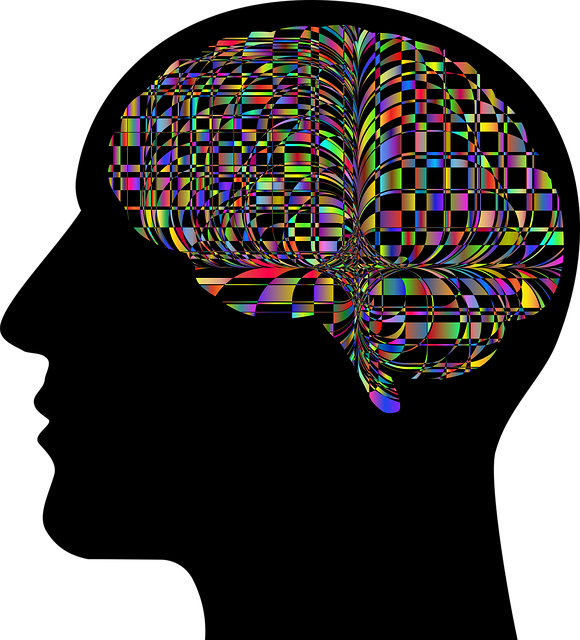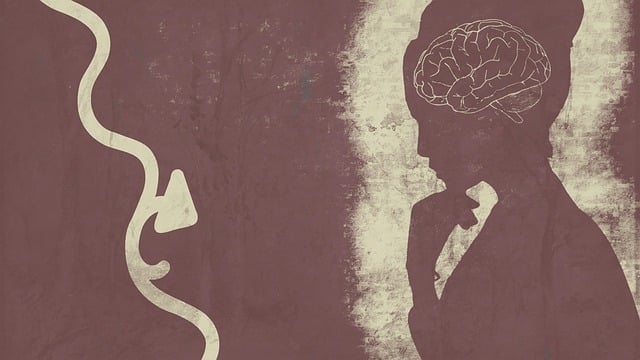Elderly individuals with developmental disabilities face unique mental health challenges, including depression and anxiety. Effective coaching programs must tailor therapy to address these issues, integrating self-care practices and coping skills from a Mental Wellness Podcast Series. Coaches play a vital role in promoting resilience and healthy aging by recognizing and meeting diverse needs. Customized therapy, incorporating mindfulness and compassion cultivation, significantly improves emotional regulation, communication, and quality of life through community outreach programs. Adapting traditional methods with simple communication and assistive technologies is crucial for their evolving mental health support needs.
Mental wellness coaching programs play a pivotal role in addressing the unique mental health challenges faced by the elderly, especially those with developmental disabilities. This article delves into three crucial aspects: understanding the specific needs of older adults, designing tailored coaching programs, and implementing effective therapy strategies. By exploring these areas, we aim to enhance care for elders with developmental disabilities, ensuring they receive targeted support for their mental wellness. Key focus keywords: therapy for elders, developmental disability.
- Understanding Elderly Mental Health Challenges and Their Unique Needs
- Designing Coaching Programs Tailored for Developmental Disabilities
- Implementation Strategies for Effective Therapy in Later Years
Understanding Elderly Mental Health Challenges and Their Unique Needs

Elderly individuals often face distinct mental health challenges due to various factors such as physical decline, social isolation, and cognitive changes associated with aging. Understanding these unique needs is crucial in developing effective coaching programs for seniors. Many older adults may struggle with conditions like depression, anxiety, or even post-traumatic stress disorder (PTSD) that require specialized care. Additionally, those with developmental disabilities face further complexities. Therapy for Elders with developmental disabilities should address their specific cognitive and emotional needs, tailoring interventions to enhance their overall mental wellness.
The development of coaching programs must consider the diverse backgrounds, experiences, and preferences of elderly participants. Incorporating elements from a Mental Wellness Podcast Series Production can engage older adults in learning Self-Care Practices and Coping Skills Development tailored to their lives. By recognizing and addressing these unique challenges, coaches can create supportive environments that foster resilience and promote healthy aging.
Designing Coaching Programs Tailored for Developmental Disabilities

Designing coaching programs for individuals with developmental disabilities requires a nuanced approach that considers their unique needs and challenges. These programs should focus on fostering self-awareness, building resilience, and promoting independent living skills. Customized therapy for elders with developmental disabilities can be highly effective when it incorporates evidence-based practices such as mindfulness meditation and compassion cultivation techniques.
Community outreach program implementation plays a pivotal role in supporting individuals with developmental disabilities. By integrating these practices into coaching sessions, mental wellness programs can enhance participants’ emotional regulation, communication skills, and overall quality of life. This tailored approach ensures that therapy meets the specific requirements of each individual, fostering a sense of empowerment and well-being.
Implementation Strategies for Effective Therapy in Later Years

As individuals age, their mental health needs may change, and providing tailored therapy becomes essential for effective support. When it comes to assisting elders with developmental disabilities, implementing specific strategies can enhance the therapeutic process. One key approach is to focus on adapting traditional therapy methods to cater to the unique cognitive and physical abilities of this demographic. For instance, incorporating simple, clear communication techniques, along with visual aids or assistive technologies, can make therapy sessions more accessible and engaging.
The development of self-care practices is another vital aspect of emotional healing processes for older adults. Coaching programs can empower them to take an active role in managing their mental wellness by teaching practical strategies. This may include promoting regular exercise, healthy eating, and effective stress management techniques. Additionally, fostering social connections and encouraging participation in meaningful activities can contribute to self-esteem improvement, a crucial element in supporting the overall well-being of seniors with developmental disabilities.
Mental wellness coaching programs play a pivotal role in addressing the unique challenges faced by elderly individuals, especially those with developmental disabilities. By understanding their specific needs and tailoring therapeutic approaches, we can significantly enhance their quality of life. The strategies outlined in this article, when implemented effectively, have the potential to revolutionize therapy for elders with developmental disabilities, fostering not only mental wellness but also a sense of purpose and fulfillment in later years.
